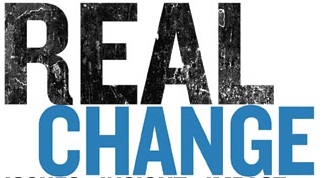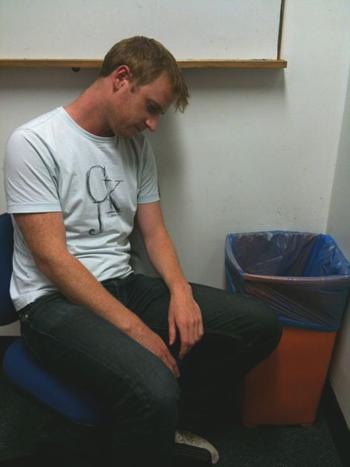Ten Tips for Preventing Relapse
1) Formulate and stamp indelibly on your mind a mental picture of yourself as succeeding. Hold this picture tenaciously. Never permit it to fade. Your mind will seek to develop this picture. Never think of yourself as failing; never doubt the reality of the mental image. That is most dangerous, for the mind always tries to complete what it pictures. So always picture “success” no matter how badly things seem to be going at the moment.
That is most dangerous, for the mind always tries to complete what it pictures. So always picture “success” no matter how badly things seem to be going at the moment.
For as he thinketh in his heart, so is he. Proverbs 23:6
2) Whenever a negative thought concerning your personal ability or strength come to mind, deliberately voice the words of God:
“Fear thou not; for I am with thee: be not dismayed; for I am thy God: I will strengthen thee; yea, I will help thee; yea, I will uphold thee with the right hand of my righteousness.”Isaiah 41:10
3) Do not build up obstacles in your imagination. Depreciate every so-called obstacle. Minimize them. Difficulties must be studied and efficiently dealt with to be eliminated, but they must be seen for only what they are. They must not be inflated by fear thoughts.
For God hath not given us the spirit of fear; but of power, and of love, and of a sound mind. 2 Timothy 1:7
Ten Tips for Preventing Relapse Read More »





 such as: drug addiction, video games, crime, alcoholism, compulsive overeating, problem gambling, computer addiction, pornography, compulsive shopping, workaholism, over exercising, etc.
such as: drug addiction, video games, crime, alcoholism, compulsive overeating, problem gambling, computer addiction, pornography, compulsive shopping, workaholism, over exercising, etc. meetings regularly, stopped going. After a few weeks, her sponsor decided to visit her. It was a chilly evening and the sponsor found the sponsee at home alone, sitting before a blazing fire.
meetings regularly, stopped going. After a few weeks, her sponsor decided to visit her. It was a chilly evening and the sponsor found the sponsee at home alone, sitting before a blazing fire.

 oppose God’s rule seems preposterous. Indeed, it is rare today to find anyone, either within the Christian community or elsewhere, who speaks in praise of weakness. Our understanding of power has become decidedly unparadoxical. We want our power untainted with anything as undesirable as weakness. We prefer peace through strength and salvation through self-reliance.
oppose God’s rule seems preposterous. Indeed, it is rare today to find anyone, either within the Christian community or elsewhere, who speaks in praise of weakness. Our understanding of power has become decidedly unparadoxical. We want our power untainted with anything as undesirable as weakness. We prefer peace through strength and salvation through self-reliance.